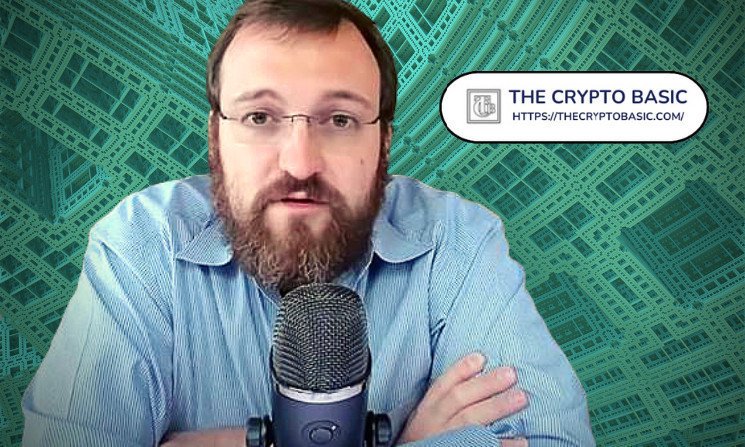Cardano founder Charles Hoskinson recently poked fun at a supposed bullish call from CNBC’s Mad Money host Jim Cramer on Intel, suggesting that the chip maker is “officially dead.” Cramer, known for making famous wrong calls in the past, seems to be the target of criticism once again. However, as with many of Cramer’s statements, his words may have been taken out of context for sensationalism. Despite the memes and jokes directed at him, it is important to closely examine the actual context of Cramer’s statements before jumping to conclusions.
Hoskinson’s tweet on Cramer’s supposed call has sparked a wave of reactions, with some users claiming that Cramer’s support could be the final blow for Intel. However, a closer look at the article linked by Hoskinson reveals that the headline may not accurately represent Cramer’s views. In fact, the statement quoted in the headline was made in sarcasm during an episode of Mad Money from August, where Cramer actually advised against investing in Intel. This suggests that blindly following Cramer’s predictions, whether positive or negative, may not be the best strategy for investors.
The inverse Cramer ETF, which tracks Cramer’s predictions to take the opposite position, has experienced a decline year-to-date. This raises questions about the reliability of Cramer’s advice and the wisdom of basing investment decisions solely on his commentary. While the debate over Intel’s future continues, analysts point to the appointment of a new CEO and revitalization plans as potential short-term catalysts for the company. However, long-term challenges, such as competition from rivals like Nvidia, may require more comprehensive strategies to address.
In the world of finance and investing, pundits like Jim Cramer often attract attention with their bold calls and market insights. However, it is essential for investors to conduct thorough research and analysis before making decisions based on these opinions. The recent exchange between Hoskinson and Cramer serves as a reminder of the importance of critical thinking and due diligence in navigating the complexities of the financial markets. While humor and satire may have their place in the industry, sound investment strategies should be based on solid research and a clear understanding of market dynamics.
As the debate over Intel’s future unfolds, it is crucial for investors to consider a balanced view of the company’s prospects and challenges. While opinions from pundits like Cramer can offer valuable insights, these should be supplemented with independent research and analysis to make informed investment decisions. By staying informed and critically evaluating information, investors can navigate the ever-changing landscape of the financial markets with confidence and clarity. In the end, it is not about who is right or wrong, but rather about making sound investment choices based on a comprehensive understanding of the market environment.



















